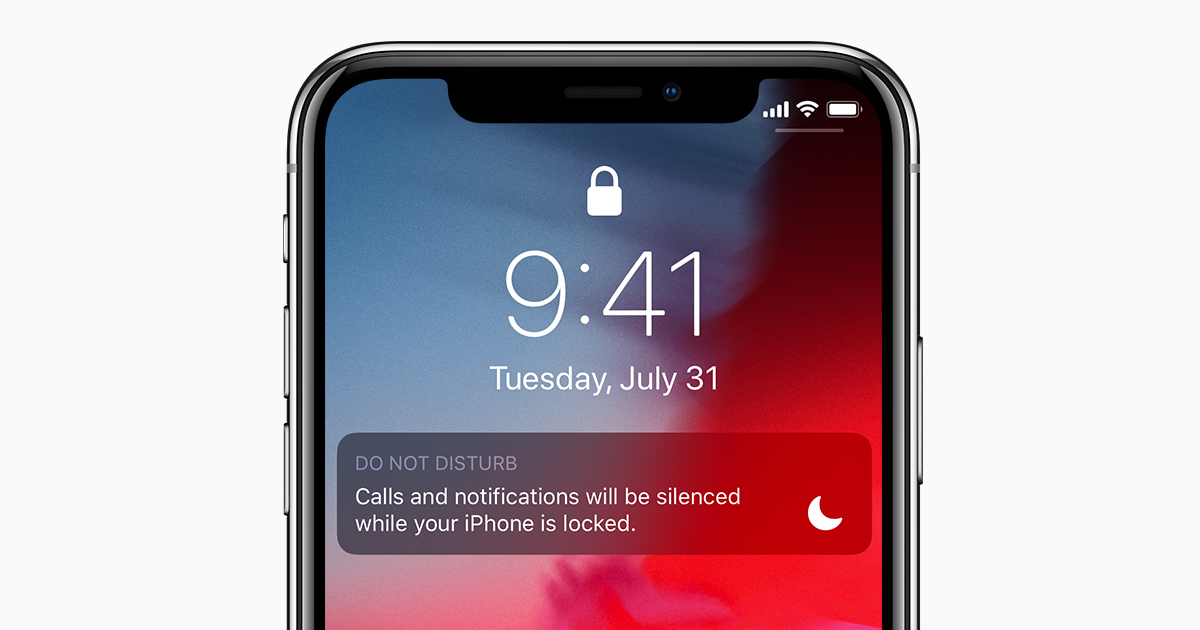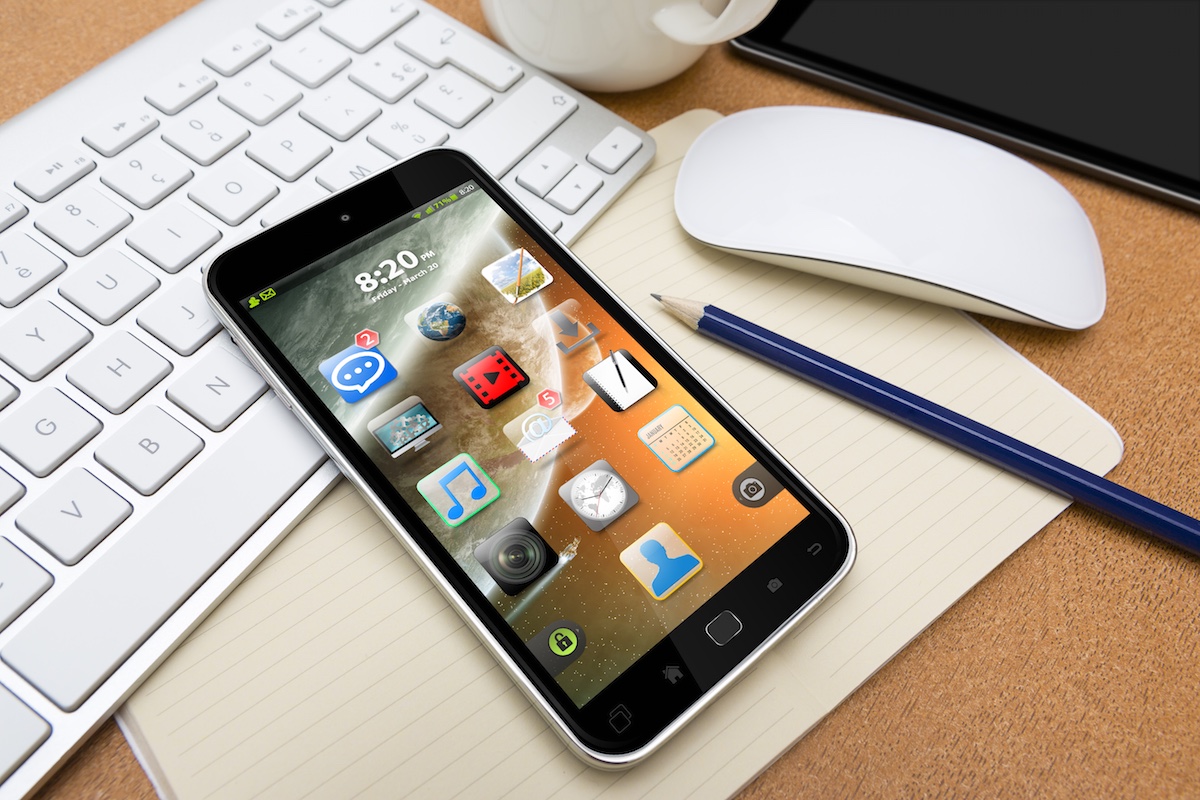In this fast-paced day and age, you don’t need to look very far to notice that as a society, we have a dependence and addiction to our devices and to technology. It is a concern of mine, and something I’ve personally been conscious of for some time, despite the wonders and benefits of this technological revolution we’re living in, there are so many negative side affects that come with that too.
We’re creating a generation of future adults who do not know or remember a different time, a time where people actually lived in the present moment giving others our undivided attention, where we would stop and say hello to friends and neighbours in passing on the street, and if you wanted to communicate to someone, you’d drop in to their home or workplace for a cuppa and a chat.

I want to call it what it is – technology is an addiction. With each comment, like, emoji or DM, social media is delivering to our brains a hit of dopamine that makes each and everyone of us feel good in that moment, however the long term affects of this short term, feel good fix is becoming more and more apparent through the prevalence of depression and mental illness. The technology that’s meant to make us feel connected, has in reality had the opposite affect, with loneliness being at an all time high.
Today I’d like to ask you to be more conscious, ask yourself “what am I missing out on?”… by not truly being engaged in the present and aware of what is going on around me?… by using the iPad to keep the kids busy instead of having them play with real toys, read books, climb a tree and interact with one another?… by sending a DM, a snap-chat, a WhatsApp to a friend or family member instead of picking up the phone, or better yet catching up with them in person?
And whilst we all know technology definitely has a role to play in this day and age, in business and in everyday interactions, we all need to develop an awareness of when it is, and when it is not the appropriate method to connect with one another.
Here are 7 tips to help you to Disconnect from technology and Reconnect with what matters

- Schedule Digital Time
In 2018 people spent an average of 3 hours 35 minutes on a mobile device every day, and an average of 11 hours per day looking at a screen (including computer and TV)∗. That’s more time than you spend sleeping! It’s a big chunk of the day. Fair enough if your job involves screen time, but for those times you’re away from the office or from work, you need to consciously disconnect from technology and reconnect with your loved ones, invest in your relationships and the things that really matter to you.
Consciously schedule time to connect with your family, take the dog for a walk, help your kids with their homework, prepare the evening meal together, read a real book with pages you turn before bedtime with your children, or with yourself. How many people wake up of a morning and the first thing they do is look at their phone? Create for yourself a morning ritual that does not include phone time. Wake up and do some stretches, meditate, workout, interact with your loved ones as your prepare breakfast and pack lunches.
- Adjust your phone settings
Device manufacturers know that the amount of screen time is an issue in society, as these days there are several features available to you within your smart phone to support time away from the screen – so make sure you invest a few minutes in ensuring they’re set up right in your phone as these can make a real difference to the apparent urgency that phones tend to create by interrupting the flow of life. To name a few these include:
Notifications – Apps want you to engage with their app and often when installing apps you’re asked to Allow Notifications from this app. As a rule, always say No or Don’t Allow. For apps already installed in your device, got to your Settings, Notifications and adjust the settings for each of the apps on your device. You’ll be pleasantly surprised by how many random notifications you no longer receive once set up right! And the world will go on without them, when you choose to catch up on that app, you can consciously open the app you want and engage with it, at that moment.
Do Not Disturb – Within the Settings of your phone you should be able to schedule regular Do Not Disturb times. E.g. From 9pm until 7:30pm your phone will be in this mode, which will silence phone calls and notifications. You’ll still be able to check your phone for these notifications should you choose, but your time won’t be governed by the external influence of your device, and you won’t be interrupted by a 3am text from someone overseas.

Blue light – Overexposure to Artificial / blue light suppresses the excretion of melatonin in the body, which in turn affects your internal body clock and the ability to have a good nights sleep. If you’re using your device after dark, enabling Night Shift in your device settings is a great idea to support better sleep. In iPhone settings you can enable Night Shift (Settings, Display & Brightness) which delivers warmer colour tones on screen from sunset to sunrise, and is also customisable to suit individual requirements. It’s likely this can be enable in other brands of devices or additionally you can source apps to do similar on devices, as well as on laptops and computers. Better yet, you should stop using any device 2 hours prior to your bedtime as this will assist in getting your body ready for sleep.

- Leave your device elsewhere
To support time away from your device and technology a great way to do this is to consciously leave your device away from arm’s reach or earshot, or even turn it off completely and put it in a drawer. Why don’t you create the ritual of charging your devices in a side room like your study, away from the kitchen, lounge room or common areas where people can socialise in your household? In my house we have set zones where technology use is allowed.
- Discipline
With anything in life, consistency is key and I am certain if you apply the discipline of sticking to a schedule to reduce the use of technology, you’ll create the space to nurture what’s really important in life and that is creating great relationships with the people who you love and who matter to you. With discipline and time, limiting your technology use will become easier.
- Be present
How many times have you caught up with a friend over coffee or been at a family dinner, and noticed people continuously checking their phone or even texting as you’re having a conversation with them. If you’re on the receiving end of this behaviour – how did that make you feel? Did you feel unimportant, unheard or did you think it was down right rude? For me, this is a big no, no. If someone has taken the time to meet with me, or come to dinner, then I believe it should be a common courtesy to leave your phone off the table, in your bag or pocket, or don’t bring it at all. Of course there are always exceptions to the rule, and if that’s the case for you and there is an important update about a deadline or perhaps an unexpected problem has occurred, fair enough, but please take a moment to briefly explain the need for technology to interrupt the catch-up, dinner or meeting, as a mark of respect to the other party/s.

- Invite people along
It seems to me that so many people have become obsessed with portraying a fake reality through the filter of social media. They may be posting their after work-out glow, or perfect holiday snap, which in turn triggers the engagement of likes and comments and delivers that quick fix of dopamine, but in reality their life may be far from the picture perfect scene they set. Rather than obsessing over followers and the best insta filter to use, why don’t you plan a fun activity or adventure and invite your friends along to join in on the fun, in real life?
- Be okay in your own company
Some people who are internally referenced may have no problem here, but for those of us who are more externally referenced, meaning you have a tendency to feel good, or bad, about yourself based on receiving validation, praise or feedback from others… take note; Social media can be your best friend, or worst enemy. To combat this desire for validation through technology, I believe you need to consciously work toward being okay in your own company and developing your internal compass to guide you in knowing within yourself that you are good enough, that you do matter and that you are loved. As I said, this will come easier for some than others, and some suggestions you could implement to work on this self belief may come from meditation, self development, even through having your own coach… and a good coach will always have your best interests at heart and be your biggest cheerleader in life!

My wish for everyone is that they take consistent action toward a fulfilling and happy life by living a conscious and deliberate life, and I hope that by bringing these sometimes obvious points to the surface will support you in your journey.
Live deliberately,


Discover how a Scott Harris Coach can support you
Receive a complimentary Ultimate Coaching session with a Scott Harris trained Coach and discover what it’s like to connect with someone who has your best interests at heart and how coaching plays a role in all successful peoples’ lives.
∗https://www.marketwatch.com/story/people-are-spending-most-of-their-waking-hours-staring-at-screens-2018-08-01
https://www.emarketer.com/content/mobile-time-spent-2018
Join The Conversation
ABOUT SCOTT
Scott Harris is a leading Australian coach, mentor and speaker, with 20 years of experience working with individuals, businesses and audiences around the world and supporting them in creating phenomenal success; financially, physically and emotionally.
SUPPORT
If theres anything we can do to support you on your wealth or coaching journey, or if you have any questions about any of Scott's events or programs, please don't hesitate to get in touch with our support team.
GET CONNECTED
© Ultimate Coach Pty Ltd 2022
Design & Development by NOX Digital
